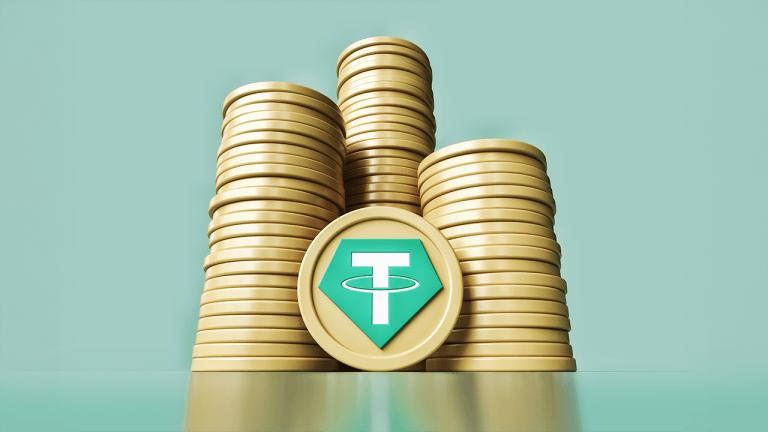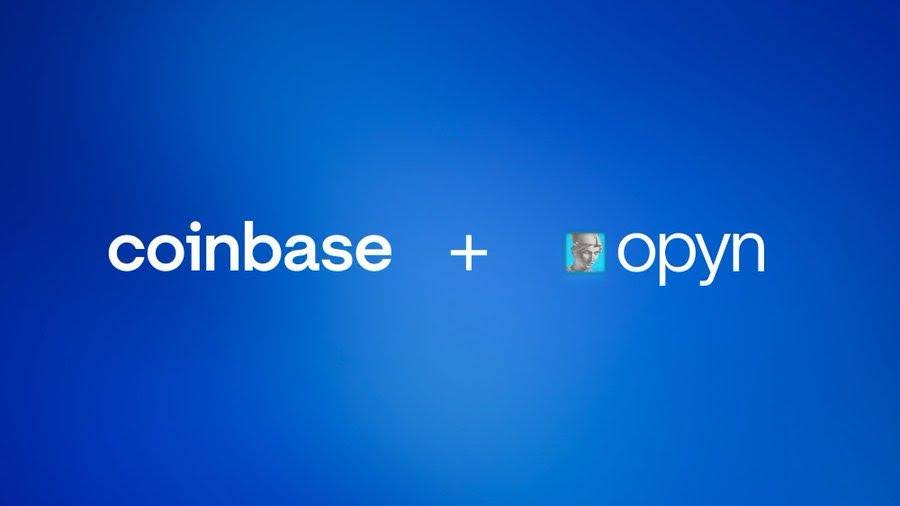INTRO:
Here's some resources on where to start, that I wish I had when I first had to do my crypto taxes.
This is my 4th year doing taxes, and I've consulted with several tax professionals, read all the IRS rules, and gone through the tax professional AMAs we had, to compile the info you need to get you started in the right direction.
Don't forget to ask a tax professional or CPA if you have a question. There's not really "crypto tax experts". Every tax professional needs to know all the current tax laws, which include crypto.
Your key resources:
First, getting the OFFICIAL answers to your common questions, answered by the IRS themselves:
Don't rely on Quora, ASK, or Googling. They may give you outdated answers. I've seen incorrect answers on there.
We've had tax experts do AMAs on here in the past, answering common questions (but there have been updates on tax rules for 2022, for instance the clarification of NFTs):
https://np.reddit.com/r/CryptoCurrency/comments/spetfq/it_is_tax_season_again_in_the_usa_i_am_a/
https://np.reddit.com/r/CryptoCurrency/comments/qruxfn/i_am_ucryptotaxlawyer_ama/
Wait, I have to pay taxes on crypto in the US?
Yes, as it turns out, those digital tokens you were playing around with, weren't monopoly money, it's real money, arguably a digital commodity, and in the eyes of the IRS a real digital asset.
If you are trading real digital assets with real value, you have tax responsibilities, like you do with any other assets.
Having tax responsibilities doesn't mean you'll necessarily owe taxes.
Who has to file, report, pay crypto taxes in the US?
Anyone who has a "taxable event" with a "digital asset", will have to report those digital assets in their 2022 tax filling. Technically, all taxable events have to be reported, whether or not tax is due.
If you use a tax software or a CPA, give them everything, and they will determine what needs to be filed.
What is a taxable event?
Anything that could result in taxes owed, whether a trade, income, interest, and almost everything you do with your crypto.
According to the IRS:
Sale of a digital asset for fiat
Exchange of a digital asset for property, goods, or services
Exchange or trade of one digital asset for another digital asset
Receipt of a digital asset as payment for goods or services
Receipt of a new digital asset as a result of a hard fork
Receipt of a new digital asset as a result of mining or staking activities
Receipt of a digital asset as a result of an airdrop
Any other disposition of a financial interest in a digital asset
Receipt or transfer of a digital asset for free (without providing any consideration) that does not qualify as a bona fide gift
Transferring a digital asset as a bona fide gift if the donor exceeds the annual gift exclusion amount
-IRS.gov
What is NOT a taxable event and does not need to be reported?
There are 4 common actions that don't require any reporting:
1- Hodling. Even if your bags increase in value, if you haven't touched those funds, there is no taxable event. But if you hodled and collected staking rewards, got airdrops, etc... those are taxable events.
2- Moving your funds between wallets you own.
3- Cashback bonus. There was a law in the US decades ago, that made cashback bonus exempt from taxes. If you used a credit card that gave you crypto as a reward for your merchandise purchases, that is tax exempt.
4- Receiving a birthday gift in crypto from a family member for insance. There is no taxable event when you receive a bona fide verifiable gift with no strings attached, and nothing expected in return. That is if the gift was under the $16K limit. Otherwise you'd have to file form 709.
What is a "digital asset", are NFTs included, and what the IRS wants you to report?
Yes, it includes NFTs.
According to the IRS:
Digital assets are broadly defined as any digital representation of value which is recorded on a cryptographically secured distributed ledger or any similar technology as specified by the Secretary.
Digital assets include (but are not limited to):
Convertible virtual currency and cryptocurrency
Stablecoins
Non-fungible tokens (NFTs)
-IRS.gov
Do I need to report everything, even if it's under $600?
Yes. There's a common misconception that people don't have to report anything if the transaction is under $600.
Where in reality, they are confusing a rule for entities like exchanges that don't have to file a form for their customers if the transactions are under $600. But their customers still have to report the transactions regardless.
What about gifts?
Be careful declaring a transaction a "gift".
You have to be able to prove that it's a "bona fide" gift, not given as a reward for something, for work, for service, tip, or with any strings attached. If you can't prove it, it's best not to try.
But if you have received crypto as a bona fide gift, for instance from a family member on your birthday, then there is no income tax when you receive it, if it's under the $16K annual gift exclusion. The only tax you'd pay is if it gains value if you eventually sell it.
How do you report and file crypto?
It works like any other taxable events.
When receiving it, getting rewarded, staking rewards, moon distributions, etc... it works like any other income.
When trading it, it's like trading stocks, you have capital gains and losses.
Luckily, there are crypto tax calculating software you can purchase online. It's usually about $20-$30, but worth it to make it easier and accurate for you, and potentially avoid a costly audit.
You simply download the transaction history file from your exchange, then upload it into the software. If you have transactions outside of exchanges, like moons, you may have to enter them manually.
But the software will calculate first in first out, or whichever method you chose, for you.
It will create a file for you that you can then import into your H&R Block or Turbotax software, or hand over to your CPA, and they'll have the information they need to file accurately.
As long as you entered everything correctly, with the correct dates. If you enter for the first time, you may have to start with an initial balance, or with previous year activity.
If you didn't file your crypto in past years, you may need to amend a past return. For that, you may need additional help.
Is it complicated to do?
If you use a crypto tax software, combined with a tax filing software, it's fairly easy. But the IRS rules can be confusing, and their language isn't always clear.
If you are having trouble, you're a little confused, give it all to a tax expert.
Depending on the amount of hours of work, a tax professional can cost from just under $200 to $600.
What is the fair market value of a coin?
You may sometimes see the IRS or your tax software ask you to enter or determine the fair market value of a coin.
That's how much the coin was valued at the time. It's the general value the market has given that coin. You can chose either a major exchange like Binance, or a site like Coingeko, Coinmarketcap etc...
The important thing is you use the same consistent source, and you get it as close to the time of the transaction.
What about an airdrop with no value?
Everything that can be traded for something, has value in the eyes of the IRS.
If you can trade that token to another token with value, then your token has that same value.
If you can purchase something with that token, then the token has the value of the services or goods purchased.
If someone out there has traded the same token for money, then your token being fungible will have a similar value.
But there may be rare cases where a token has a $0 cost or no initial value.
What about NFTs value? This will need clarification.
How do I determine what my NFT was worth when I received it, to determine my income? Can my NFT have $0 when I receive it? How do I determine the value when there are so many different prices on Opensea?
That's going to be a tricky one, and I'm going to let our tax expert do their AMA to answer this one.
Long term vs short term.
Holding an asset for more than year before trading it, carries significant tax advantages compared to trading it short term.
Wash sale rule.
For the tax year 2022, there was still no wash sale rule for crypto. That means there's no penalty for selling a coin and buying it right back, for harvesting a loss for instance. You don't have to wait 30 days.
Was I supposed to keep track of each staking reward, each moon distribution, etc?
Yes, to the best of your ability.
The best way was to use a portfolio tracking software that can automatically track your staking, so you don't have to manually enter it.
If you didn't, don't worry, you can still enter it manually. Or you can import it into a tacking software.
Obviously, for people getting weekly staking, it's a pain. So it's best to use automated software for that.
I forgot about some small airdrops, I didn't keep track of the exact dates, I didn't count each Moondust airdrop, I didn't keep track of transaction IDs, am I in trouble?
Not necessarily, the important thing is your information is consistent, adds up, includes everything, and you've given as much information to the best of your ability.
It's best to have the most information as possible in case of an audit, but to file it's not always necessary to have the details.
So if you didn't track each individual Moondust airdrop you got on a daily basis, don't worry.
In a case like Moondust, where you have micro penny transactions every day, you could simply round up your next transactions. Or combine them for the month. I did that last year without any issues.
It's best to round up the price (if you're unable to find the exact market value), have a rough date, and give something at least close, rather than omit.
At the end of the day, the IRS will look more favorably on people who made an attempt at reporting, rather than those trying to hide something.
This is too hard, this is why crypto will never succeed.
This is how taxes work for everything, and it's the same for any kind of asset. It's not something exclusive to crypto.
Being a responsible adult and having to put in effort into personal finance, learning about taxes, and learning about investing, is unfortunately not something they teach in school.
But it's something everyone has to learn.
If you don't like how investing and trading is taxed, and want to keep it simple, then don't invest, and simply stick to making money only by doing a 9-5 job, where all you only have to worry about a W2 form.
[link] [comments]

You can get bonuses upto $100 FREE BONUS when you:
💰 Install these recommended apps:
💲 SocialGood - 100% Crypto Back on Everyday Shopping
💲 xPortal - The DeFi For The Next Billion
💲 CryptoTab Browser - Lightweight, fast, and ready to mine!
💰 Register on these recommended exchanges:
🟡 Binance🟡 Bitfinex🟡 Bitmart🟡 Bittrex🟡 Bitget
🟡 CoinEx🟡 Crypto.com🟡 Gate.io🟡 Huobi🟡 Kucoin.




















Comments